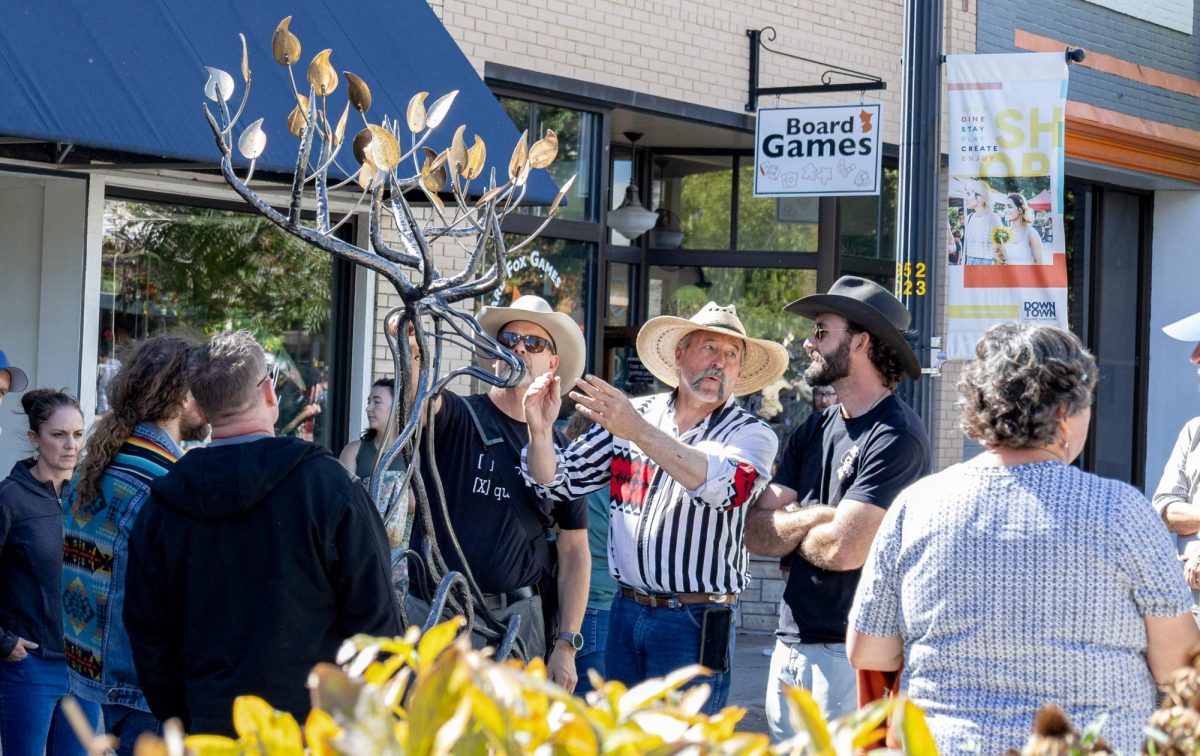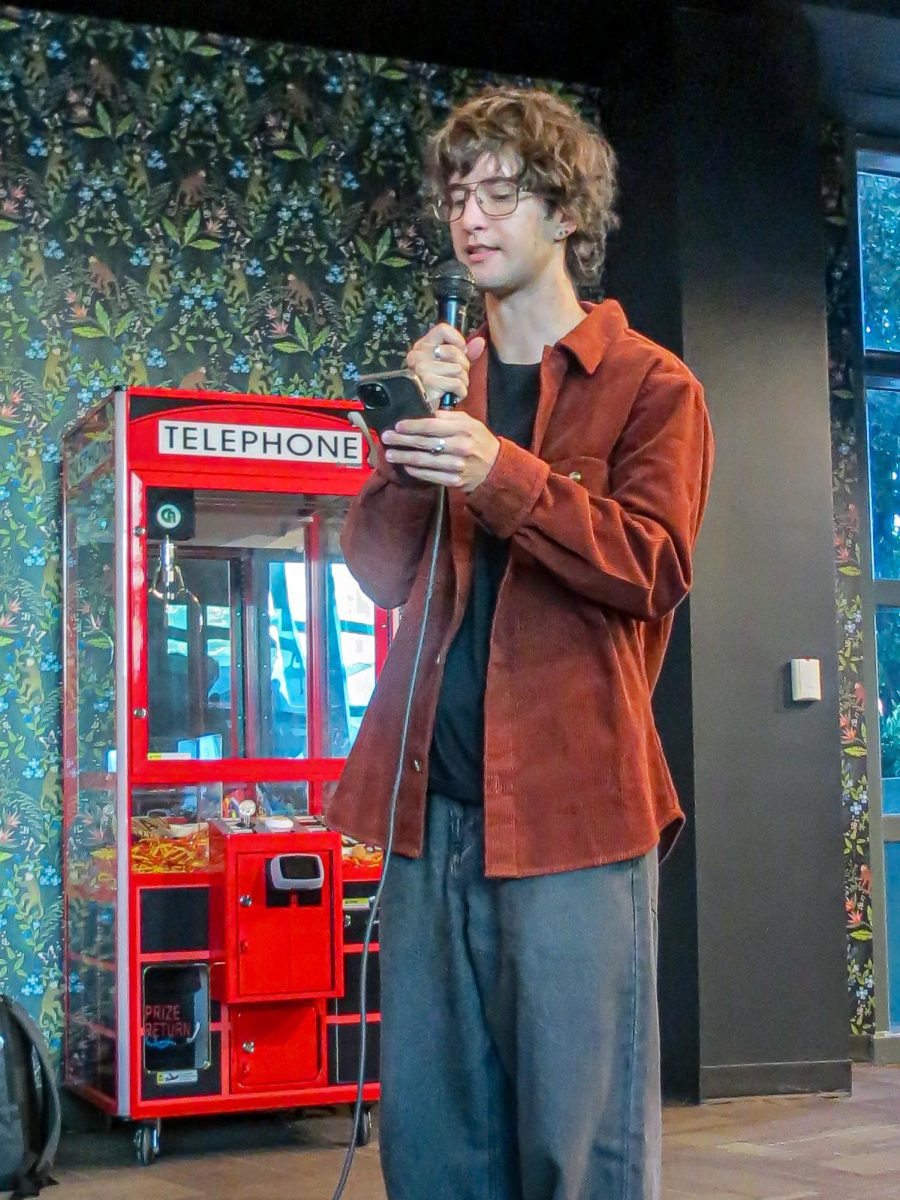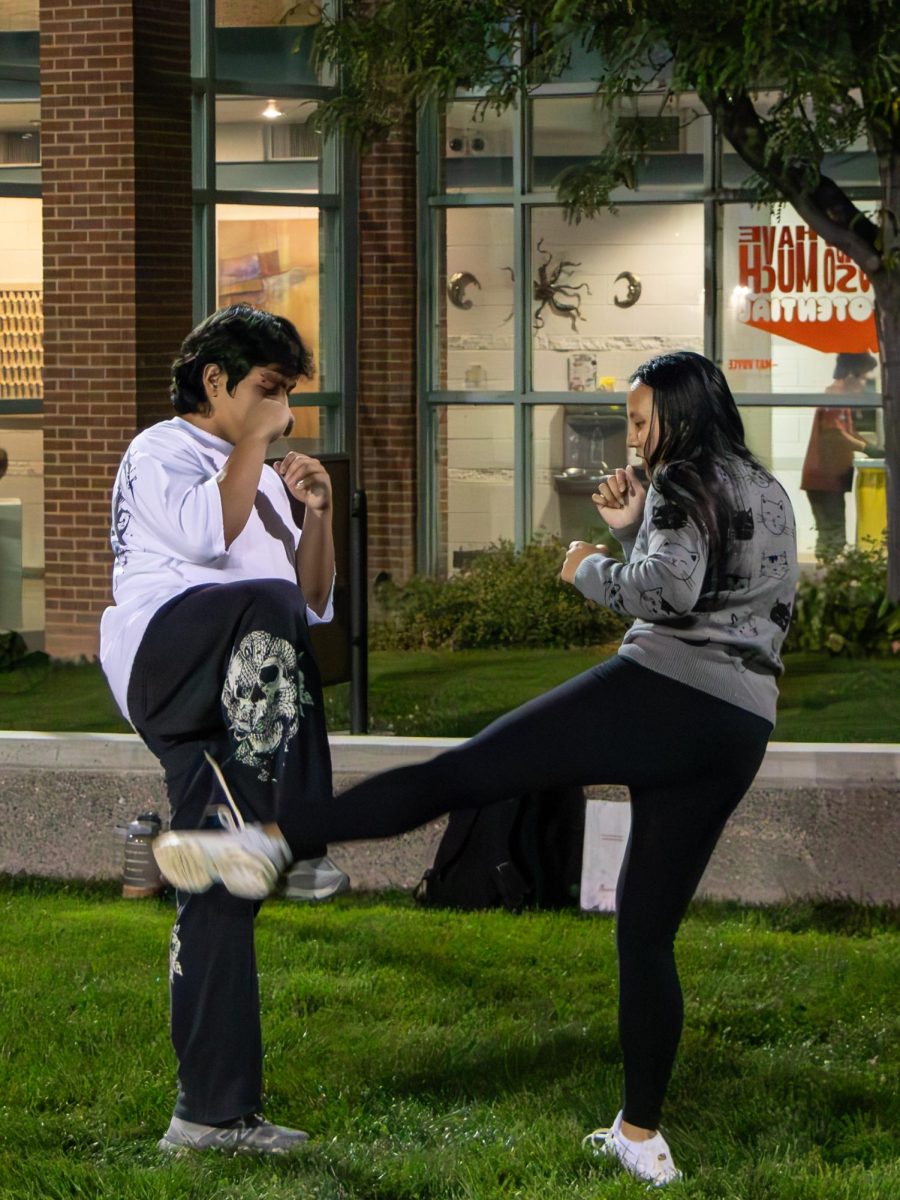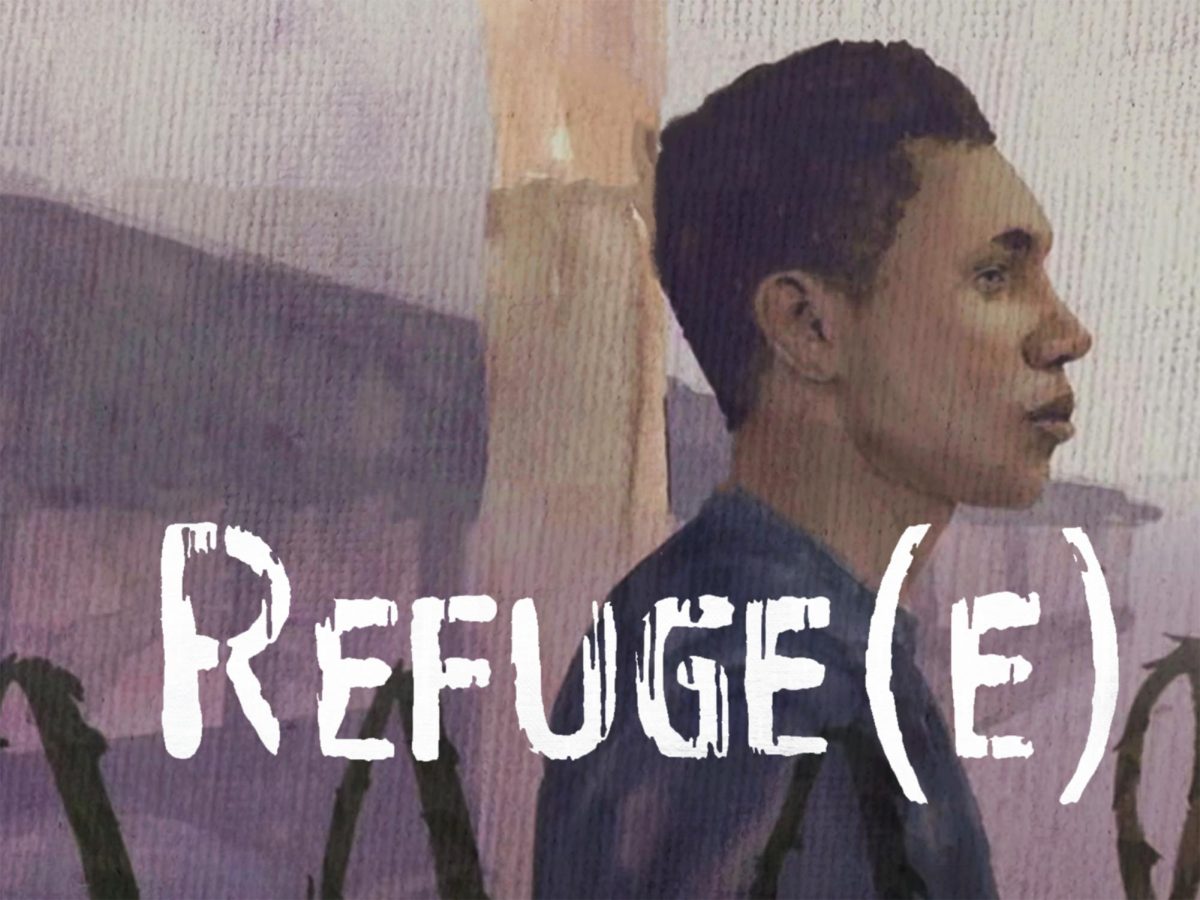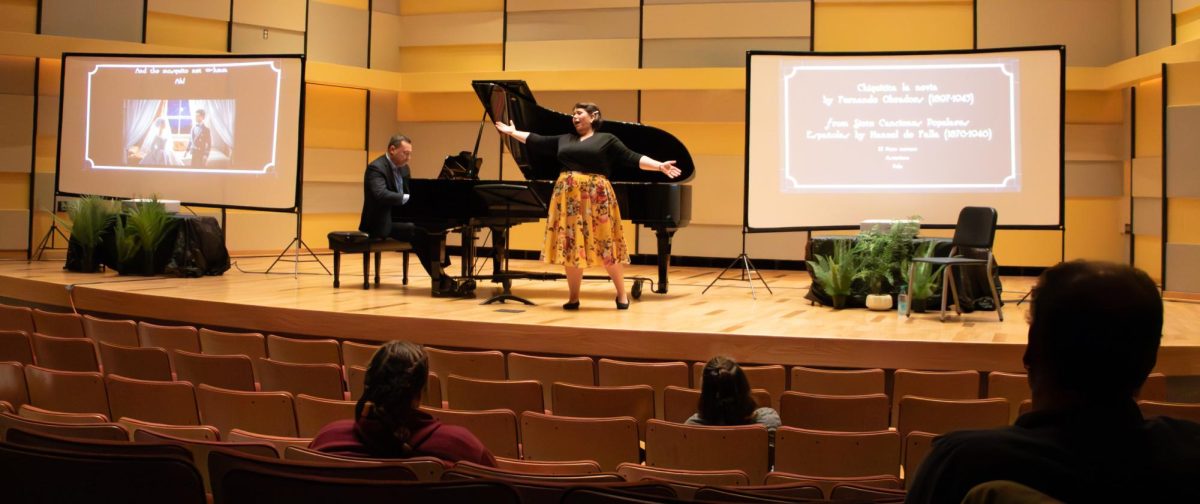Alexander Neville was 14 years old when he died of an accidental fentanyl overdose on June 23, 2020. The Nevilles and four other families discuss the reality of fentanyl related deaths today in the documentary “Come Back Home”, which was released earlier in 2024 in partnership with the Alexander Neville Foundation.
The Western Colorado Opioid Response Group (WCORG) works with Colorado Mesa University’s (CMU) National Alliance on Mental Illness (NAMI) on campus to put on an annual addiction awareness event. WCORG picks a documentary to screen and a panel of experts from the community to discuss audience questions about the film.
This year, WCORG Outreach and Education Coordinator Lyndall Young worked with NAMI President Brooke Erickson to organize the screening and bring in mental health support and substance abuse resources from around the Grand Valley area. These support organizations are available for mental health, addiction, recovery, rehabilitation and legal support.
“So many students don’t know their resources on and off campus,” said Erickson. “Whether you need help with addiction, or you just want mental health resources or other health resources in the community, that’s what this event is for.”
WCORG’s Community Outreach events, like this screening, also take place in schools in the area. According to members of the panel, substance abuse issues often start as young as age 11, and mostly begin between the ages of 12 and 21. Young does different workshops with elementary schools, about “candy versus medicine”, to help even younger kids recognize that when you don’t know where something comes from, you can’t guarantee what it is.
“Our Mesa County numbers, and really Colorado in general, have dropped over the last couple of years, and we really think that is because of education and getting Narcan into more people’s hands,” said Young.
Even when communities are educated about the dangers of substance abuse, the stigma surrounding these disorders can prevent people from getting the help they need.
“People die because of that stigma. So just be there for them, and be open for them,” said panel member Russ Eckardt. “Meet them where they’re at and support them.”
Events like the “Come Back Home” screening help to educate both students and the public about accidental overdoses and normalize asking for help or seeking treatment for substance abuse.
CMU provides trainings for students on how to use naloxone, commonly known by the brand name Narcan, which is a nasal spray used to rapidly block the effects of opioids to reverse an overdose.
If you or someone you know is struggling with substance abuse, you can reach the National Suicide and Substance Abuse hotline at 988.




